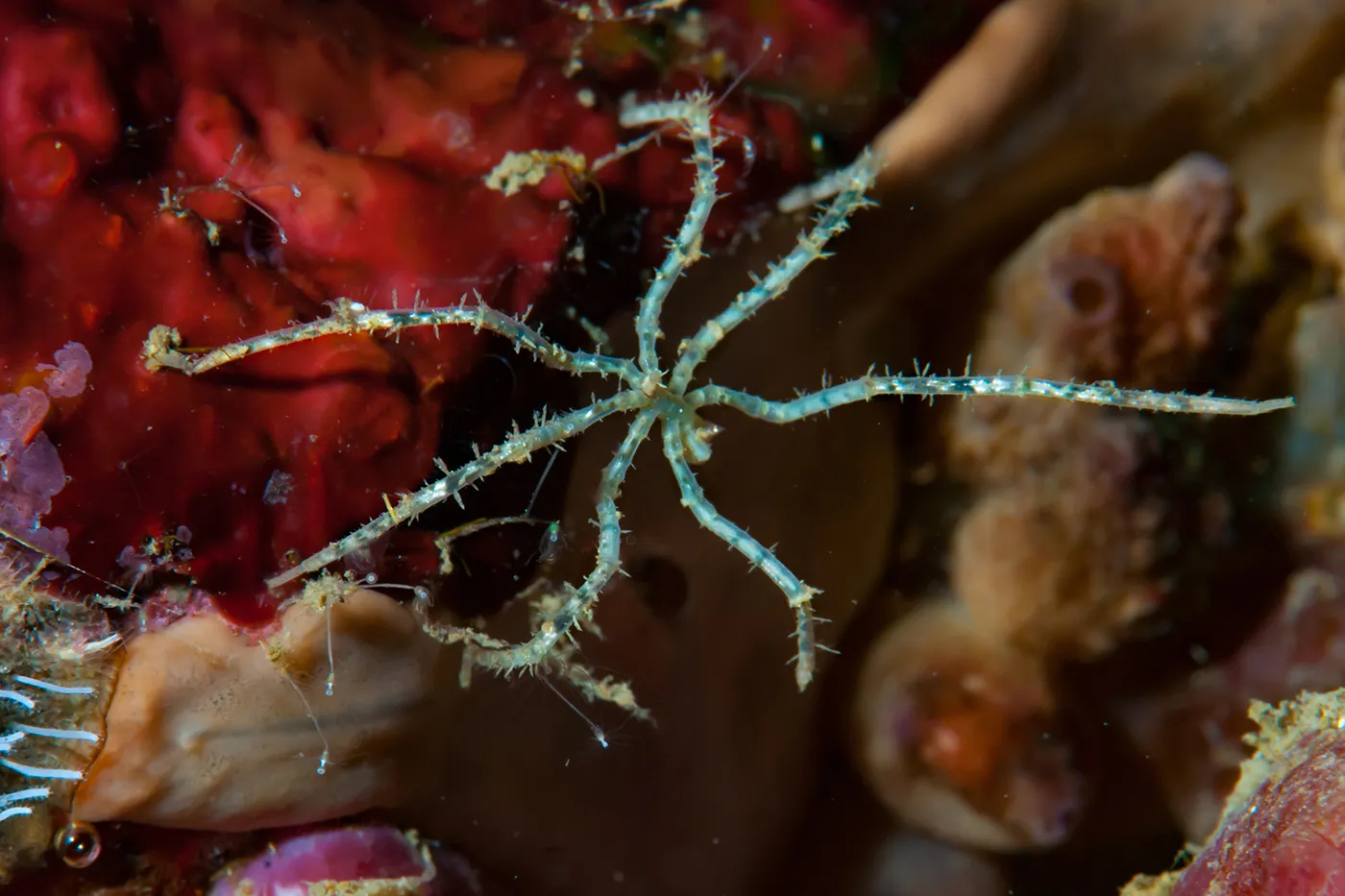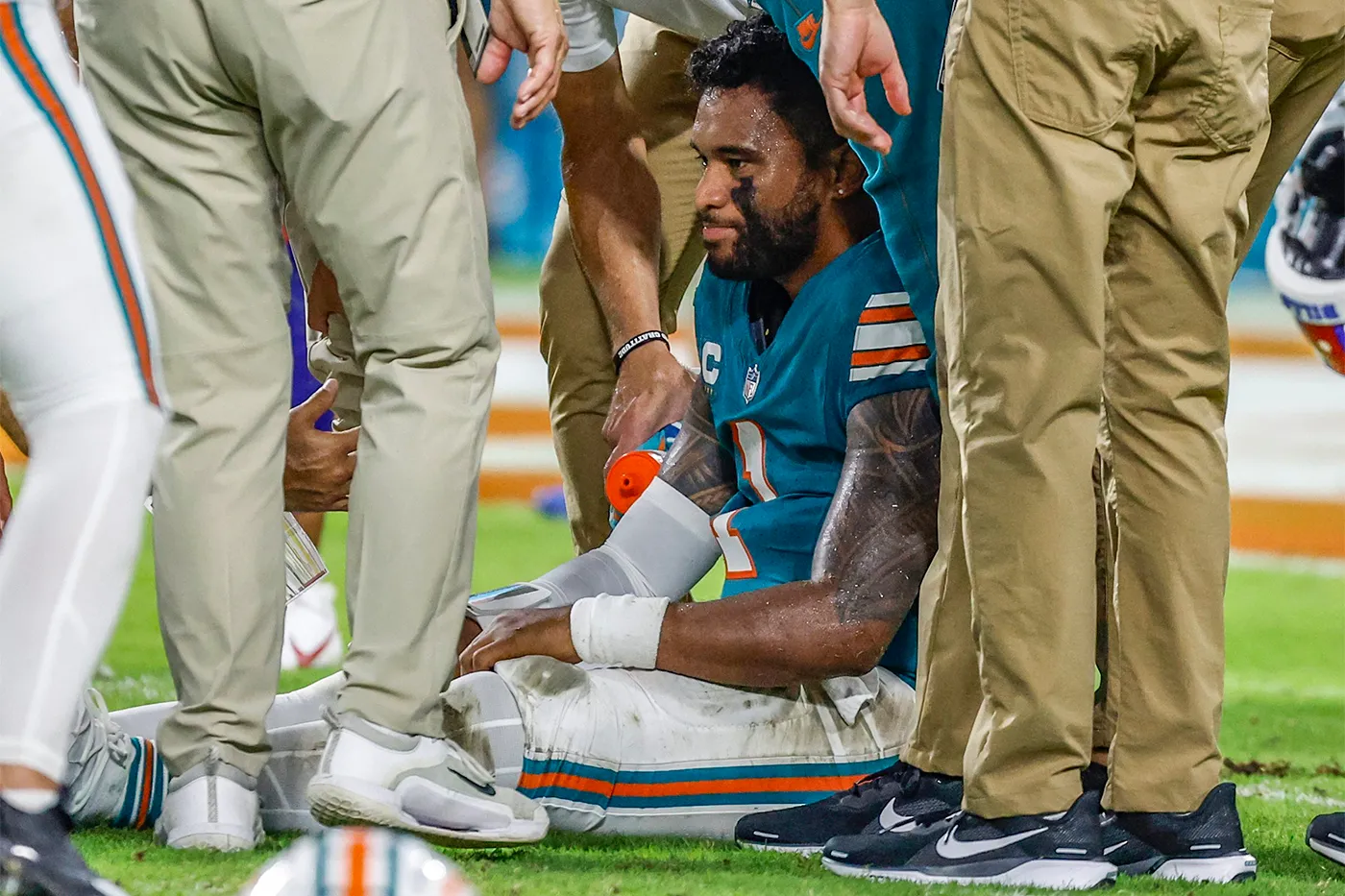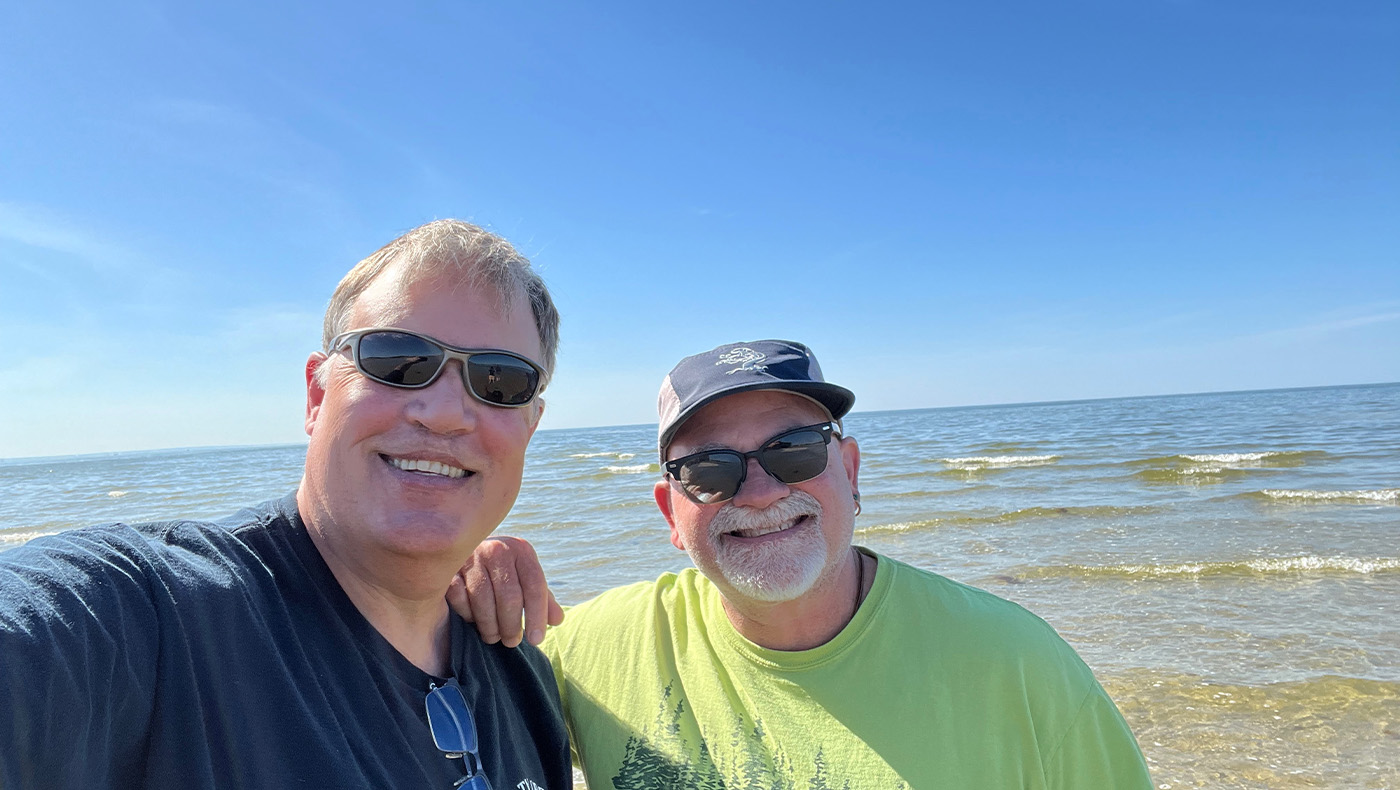COS News
News

Connie Phong wants to know how an animal adapted to live in a highly specialized environment — just below the freezing point for seawater — responds to warming oceans.
How Northeastern scientists are using Antarctic sea spiders to study life on the edge
News

Fleury Augustin Nsole Biteghe has identified a way to target two of the deadliest cancer types with chemotherapy drugs but without the harms associated with chemotherapy.
Northeastern researcher uses light to target and kill cancer cells
Showing all results

Welcome to the new College of Science Faculty!
We are delighted to welcome new faculty members with primary appointments in the College of Science whose teaching and research builds the Good Power of Science, trains the next generation of science professionals, and solves crucial research challenges.

What happens to a person when they’re stuck in space?
Experts said the astronauts’ physical and mental health may be impacted by their time in space.

What happened to Aaron Hernandez? New series, experts examine NFL star’s troubled upbringing, CTE diagnosis
“American Sports Story” explores Hernandez’s traumatic family life and football career, both of which may have contributed to his violent behavior.

Should Tua Tagovailoa keep playing after his third concussion? A brain researcher discusses the risks
Northeastern’s Art Kramer assesses the issues facing the star NFL quarterback, who on Thursday suffered his third concussion since 2022.

To understand the next pandemic, we must understand our own collective behavior — these researchers want to be ready
Northeastern University researchers are developing epidemic models that incorporate collective behavioral patterns, which will help policymakers make better decisions in both future pandemics and other public crises.

Giant cosmic question answered. Northeastern astrophysicist explains the science behind the image captured by the Webb telescope
A Northeastern astrophysicist says the image will provide new insights into the universe’s adolescence and possibly the answer to an age-old question that remains a mystery: How do galaxies get created?

From pre-med to psychology pioneer: Lisa Feldman Barrett’s unexpected path to a lifetime achievement award
Barrett, a Northeastern University distinguished professor of psychology, has received the Association for Psychological Science William James Fellow Award.

New Northeastern research could revolutionize treatment for children’s growth plate fractures using stem cells
Children break bones all the time — it is estimated that half will have at least one fracture by the time they turn 18 — but some injuries are easier to treat than others.

Cognitive Foundations of Environmental Science Education
Congratulations to John Coley (PI), Brian Helmuth (Co-PI), and Catie Nielson (Co-PI) on by the National Science Foundation, STEM Education Directorate (EDU), Education Core Research Program on their project: “Cognitive Foundations of Environmental Science Education: Exploring Impacts of Human Exceptionalism on Marine Social-Ecological Systems Thinking”.

Astronauts stranded in space: Unexpected eight-month stay highlights the risks of space exploration, experts say
“This is one bump in the road on mankind’s inevitable path to the stars,” said Northeastern cosmology expert Jacqueline McCleary.

Unexploded ordnances still litter the seafloor worldwide. Northeastern engineers are trying to sniff them out.
Loretta Fernandez and her colleagues have been working on creating passive samplers that would allow them to locate old munitions by detecting degraded compounds in the water.

New Northeastern lab plumbs the mysteries of the ticks and bacteria that cause Lyme
Constantin Takacs of Northeastern loves to study black-legged deer ticks and Borrelia burgdorferi, which is good news for everybody else